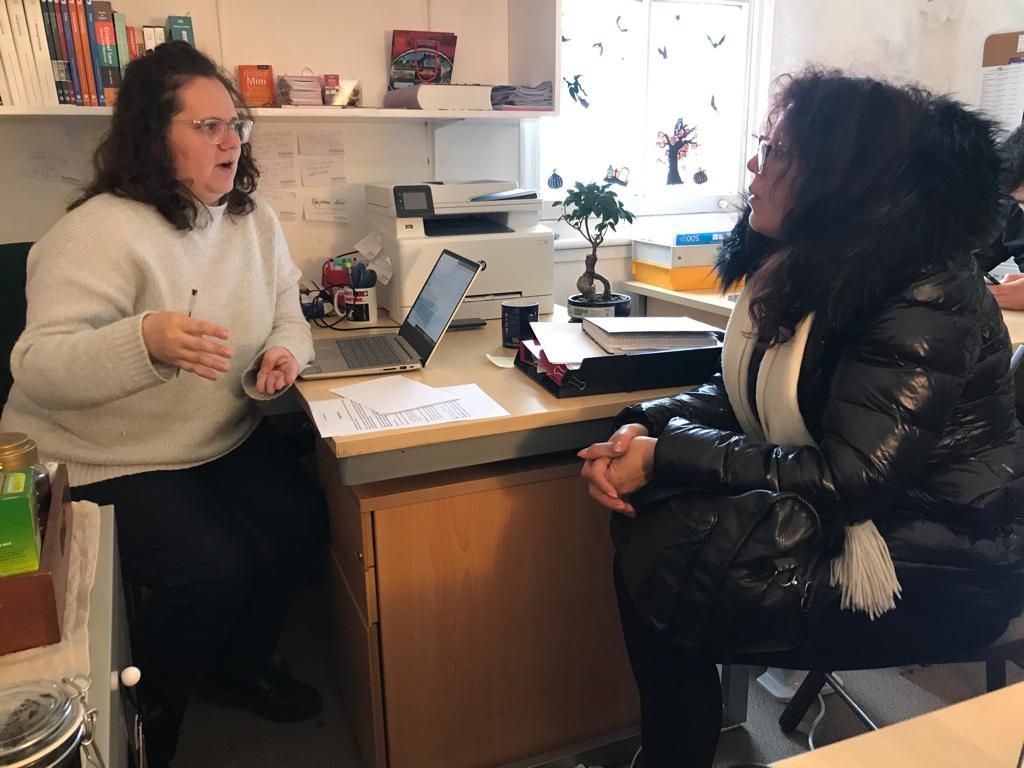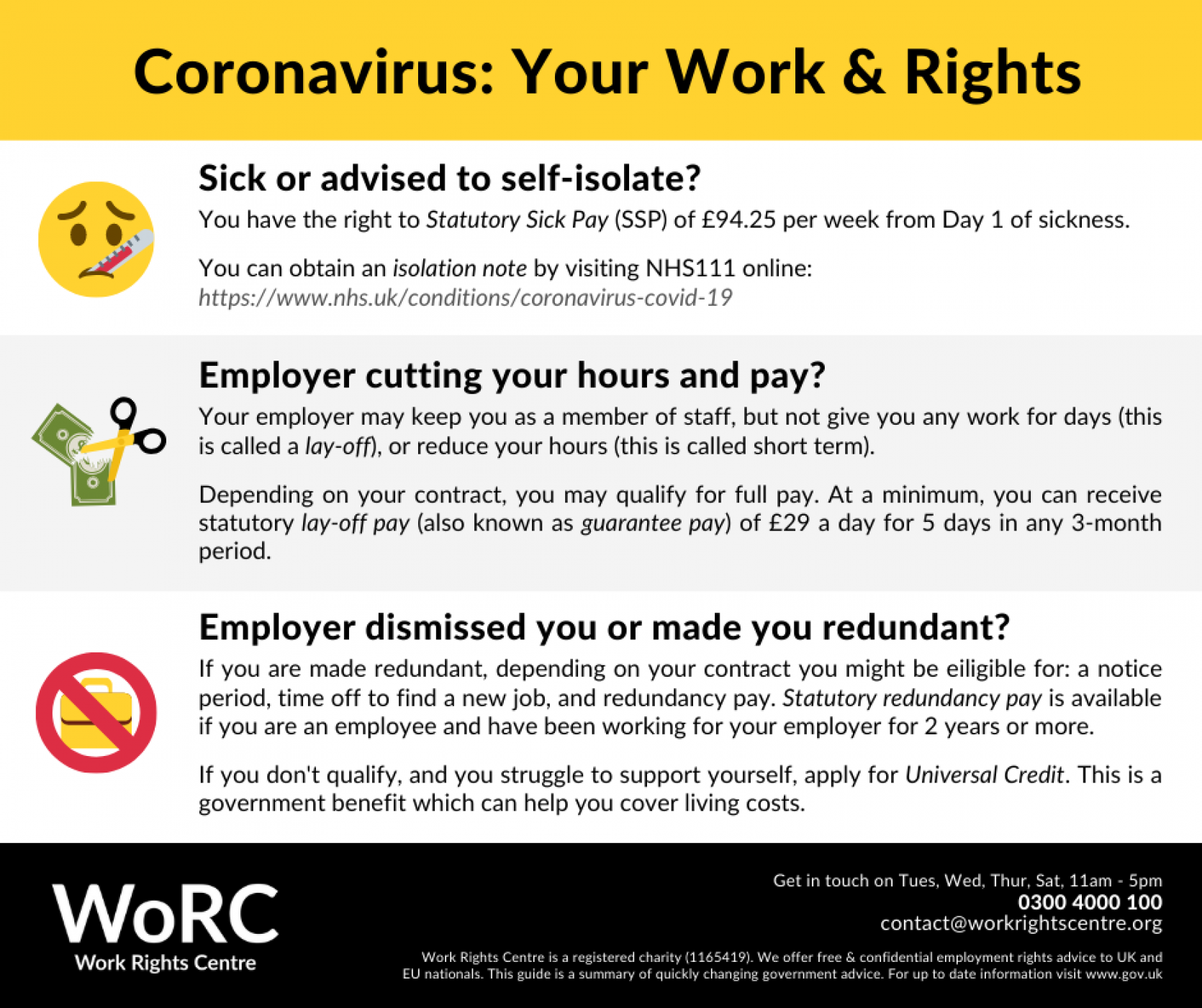
The Work Rights Centre (WoRC) is a charity that aims to help UK and EU nationals exit precarious work and access fair and lawful employment. Their multilingual team of advisors offers guidance for vulnerable workers seeking advice on their entitlements and rights, as well as offering practical assistance to those who find themselves at risk of employment exploitation.
Since its opening in 2016 in Brent, WoRC has grown from supporting 80 people in its first year, to over 500 people last year and have expanded their work beyond London to Manchester. This yearly increase in client numbers is thought to reflect the growing need for employment rights support, as more workers face multiple obstacles ranging from unfair dismissals to difficulty accessing work-related benefits.
However, in the face of the COVID-19 pandemic, WoRC has faced an exceptional increase in demand for their services and the complexity of cases. Here, Kasia Figiel, WoRC Finance and Fundraising Manager, explains how they have dealt with the demand and highlights the complexity of support needed.
Since the beginning of the crisis we have experienced an unprecedented number of enquiries, doubling the number of our beneficiaries.
Since the beginning of the crisis we have experienced an unprecedented number of enquiries, doubling the number of our beneficiaries. There has also been a significant diversification of issues. The enquiries we get are no longer solely about employment rights, such as the non-payment of wages, but increasingly also about their intersection with housing precarity and food poverty. For example, in April we received a referral of a group of 8 Romanian workers at a car wash who were all suddenly dismissed and were struggling to pay their rent. What first looked like a case of applications for Universal Credit, turned out to be a strong case of potential tax fraud for the Employment Tribunal. It included a multitude of overlapping issues of precarious housing, lack of residence status and, in two cases, identity theft.
Fighting for employment rights during a global pandemic has not been easy. In addition to a sharp increase in callers, we are also dealing with rapidly changing government advice, for example relating to furlough or help for the self-employed. Before the crisis, the majority of our service provision was carried out in person at the Employment Rights Clinic and our phone lines were used primarily to make appointments and for client follow up. However, since the crisis we have moved all our services online. This didn’t come without its challenges. Telephone advice takes much longer, and for clients with little knowledge of English or low IT literacy communicating over the phone can be more difficult. In addition, certain things like guiding clients in applying for Universal Credit or collecting client data are much more complicated to carry out over the phone.
In this new and still evolving landscape, we have been making more use of our social media channels to distribute trusted and easily digestible infographics on employment and welfare rights in a number of European languages.
We will continue to run our Employment Rights Clinic remotely for as long as needed, before we can safely return to face-to-face service. For now, all those in need of advice can call 0300 4000 100 (Monday-Saturday, 11AM-5PM) or visit our website: www.workrightscentre.org.
The Work Rights Centre continues to support some of society’s most vulnerable workers during this global crisis, and to equip them with the necessary tools to defend their rights. The London Community Foundation first funded WoRC in 2017. They most recently received an unrestricted grant from LCF through the Thrive programme in January 2020.

